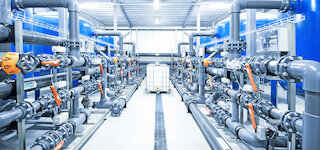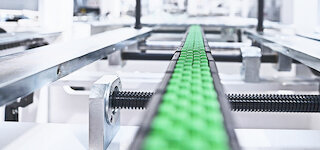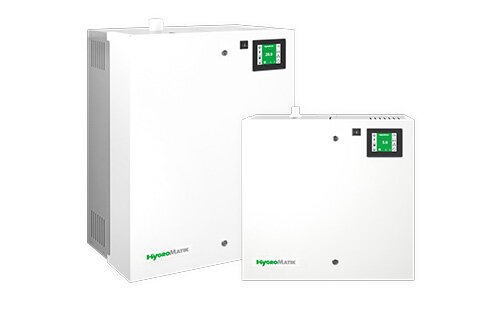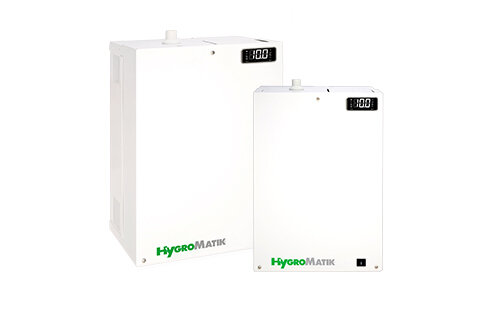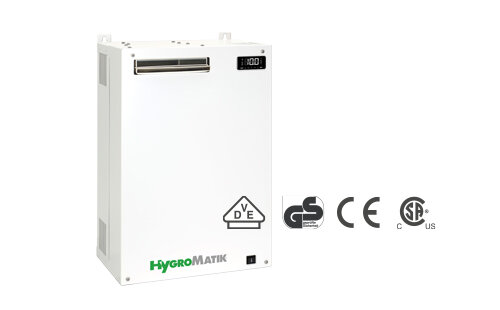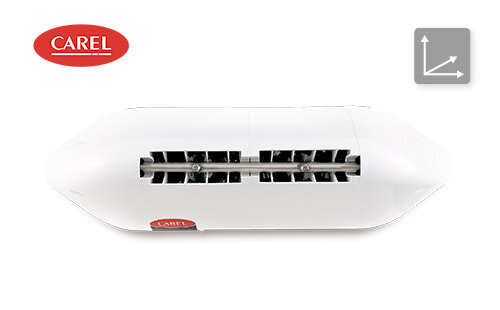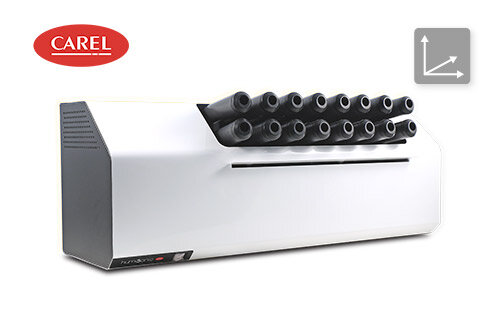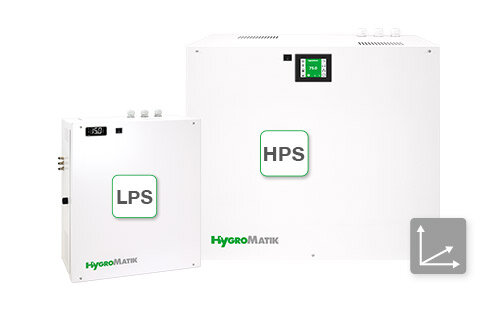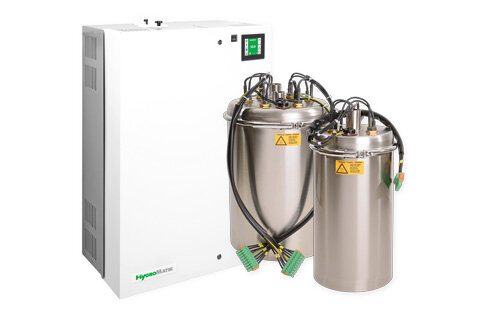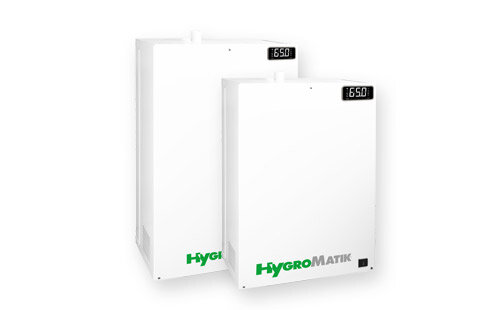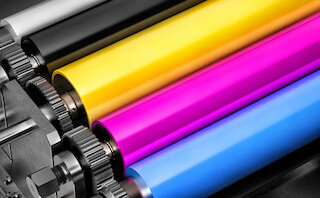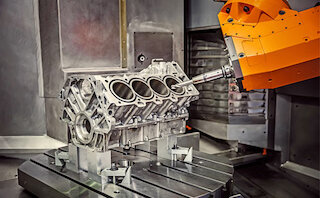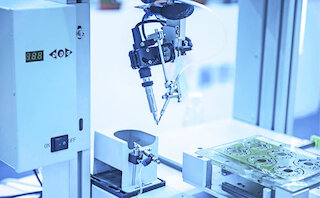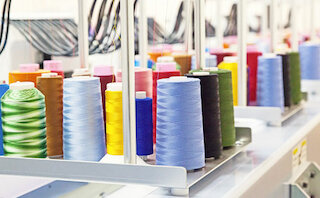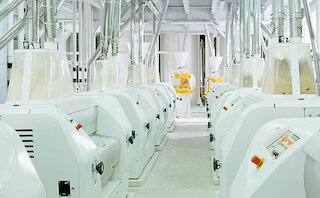Air humidification in the plastics industry.
Friction of plastics causes materials to become electrostatically charged which can lead to equipment damage and production downtime. Air humidity is an important factor in the plastics industry as humidified air binds dust particles much better than dry air.
Reducing the presence of dust deposits on sensitive components and surfaces will decrease the failure rate and enhance quality assurance. A precise and consistent humidity ensures improved conductivity of the ambient air, which helps to protect machinery from damage that can slow down operations.
A working environment with a climate of 40-60% relative humidity also provides a number of employee benefits. These include increased productivity, motivation and comfort as well as reducing the rate of illnesses caused by dry air.
Adiabatic humidification systems are ideal for providing cooling in instances where excessive heat is produced from operational equipment or production processes. The energy efficiency of such a system can also help to reduce the overall operational costs.
Here is an overview of the advantages of air humidification in the plastics industry:
- Protects against dangerous electrostatic discharge
- Increases productivity and product quality
- Creates a healthy and pleasant working environment for operational staff
- Reduces operating costs due to energy-efficient cooling performance


